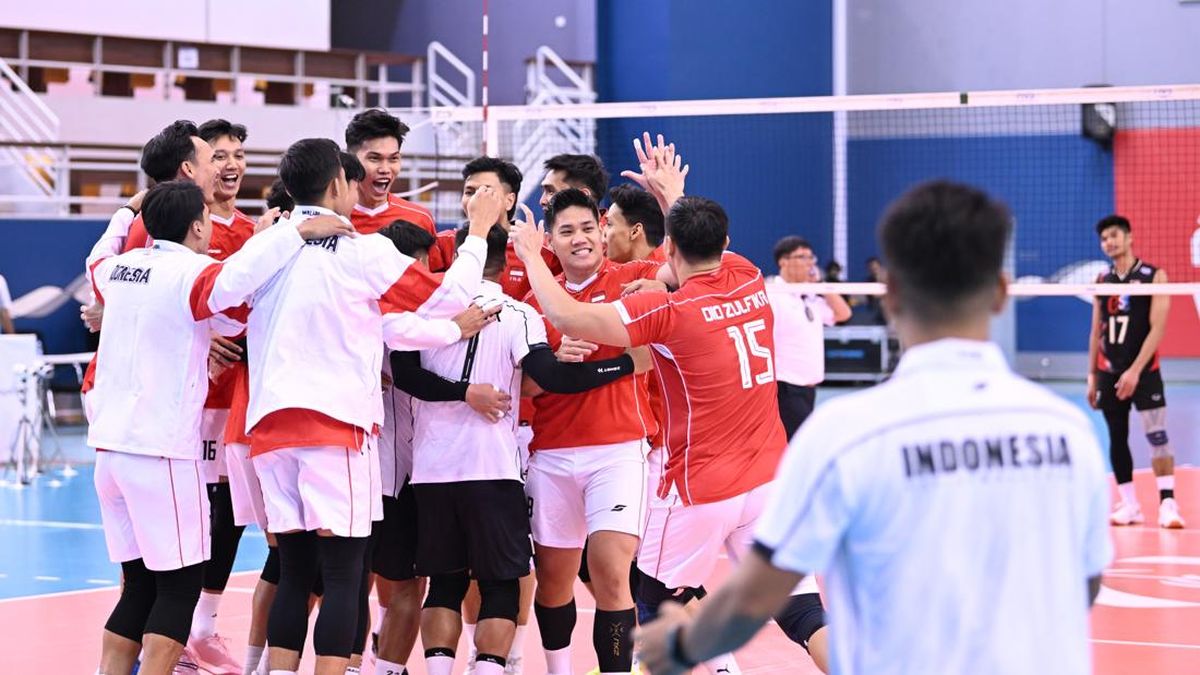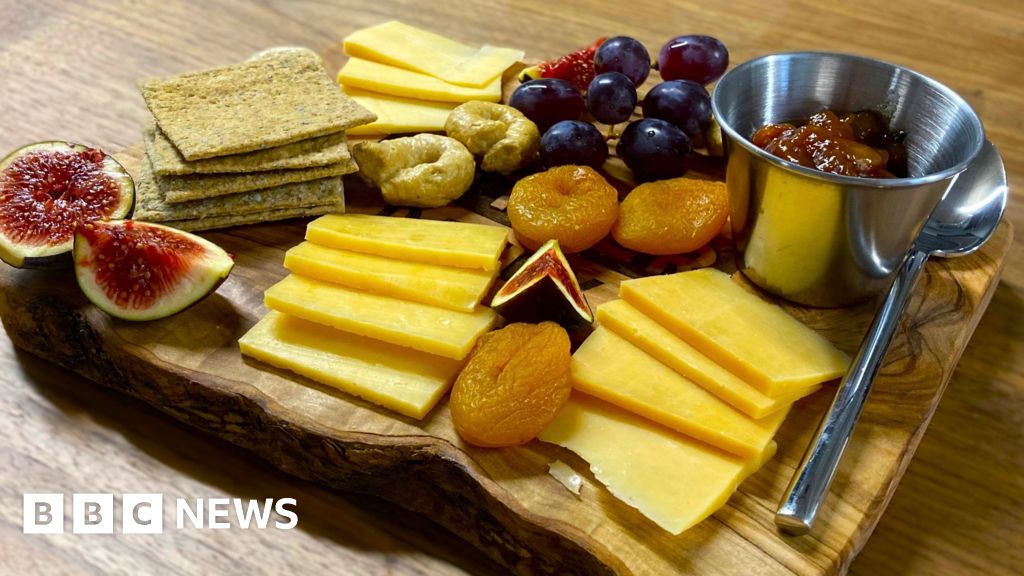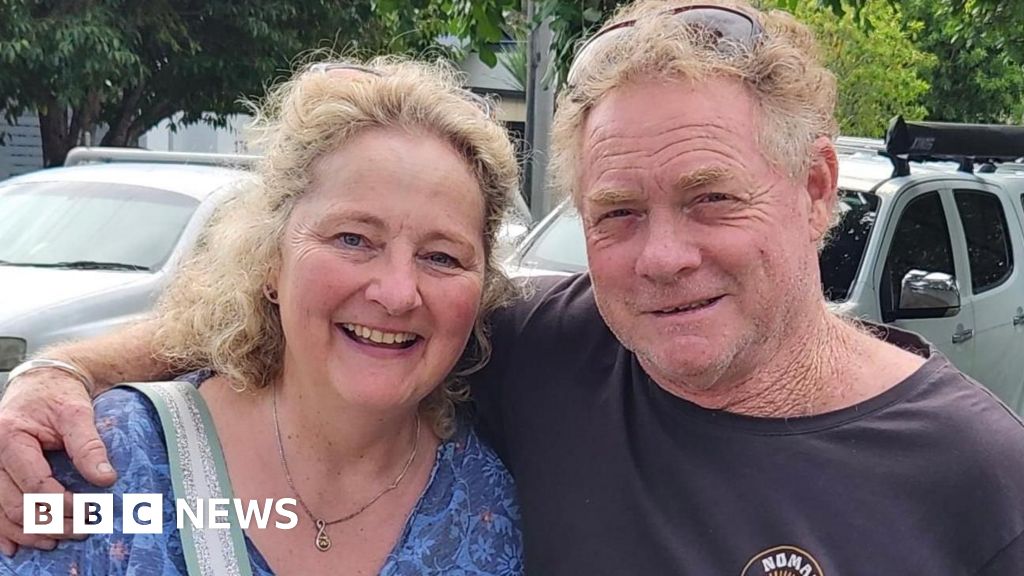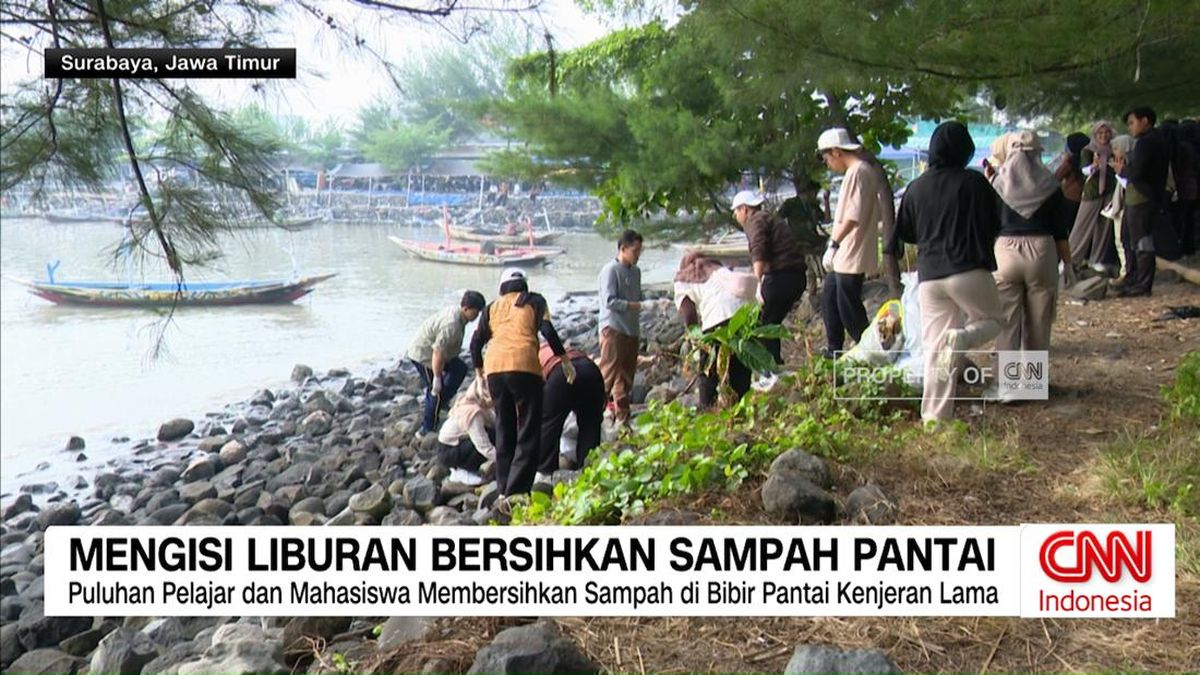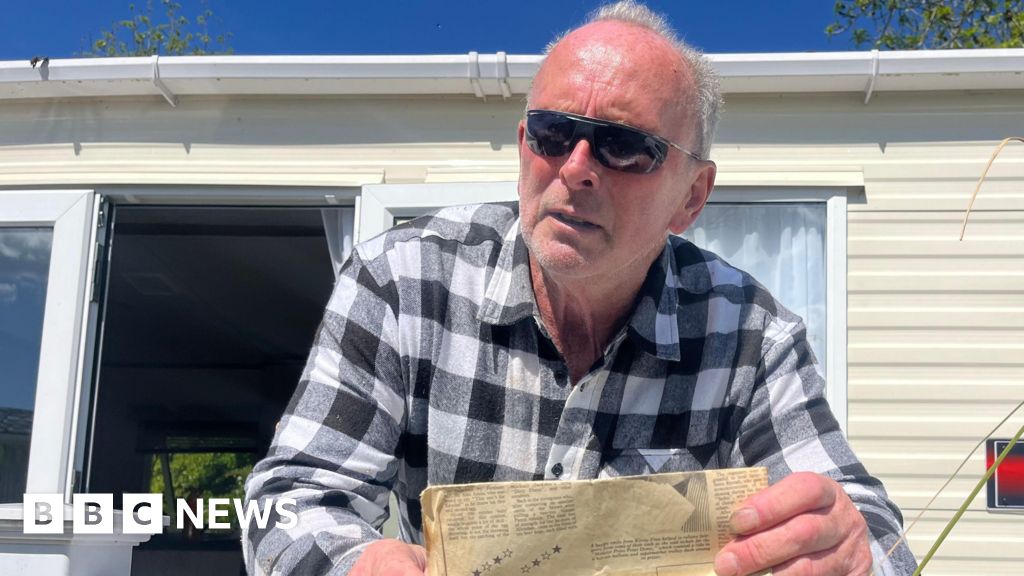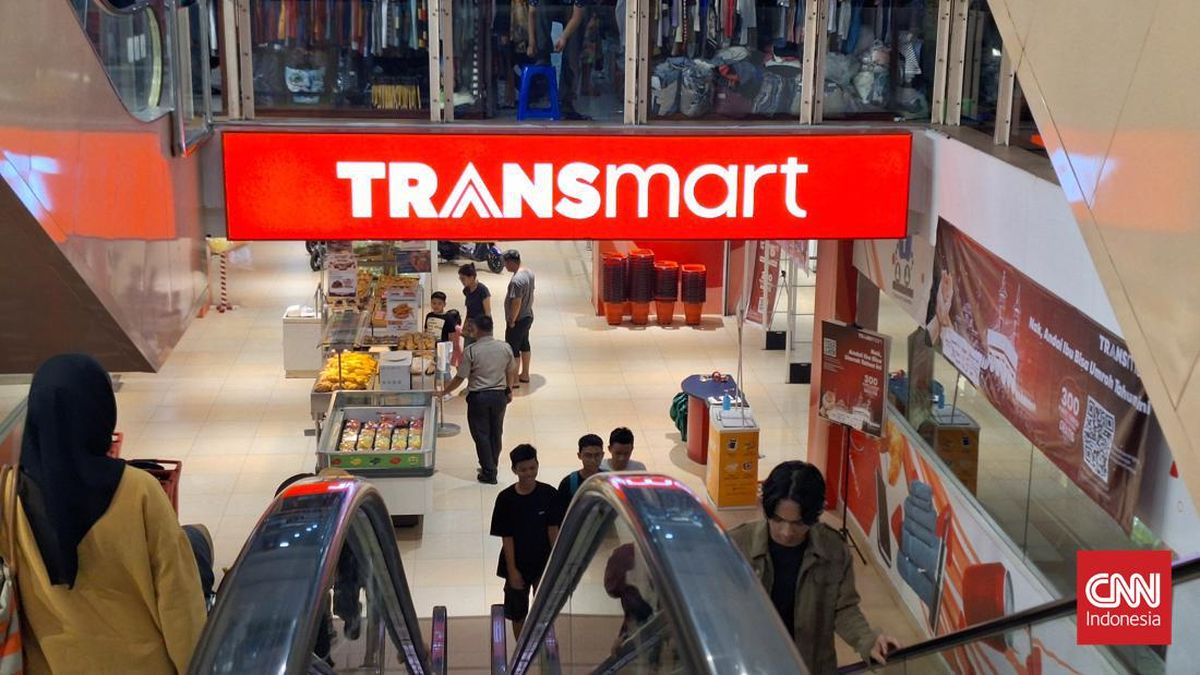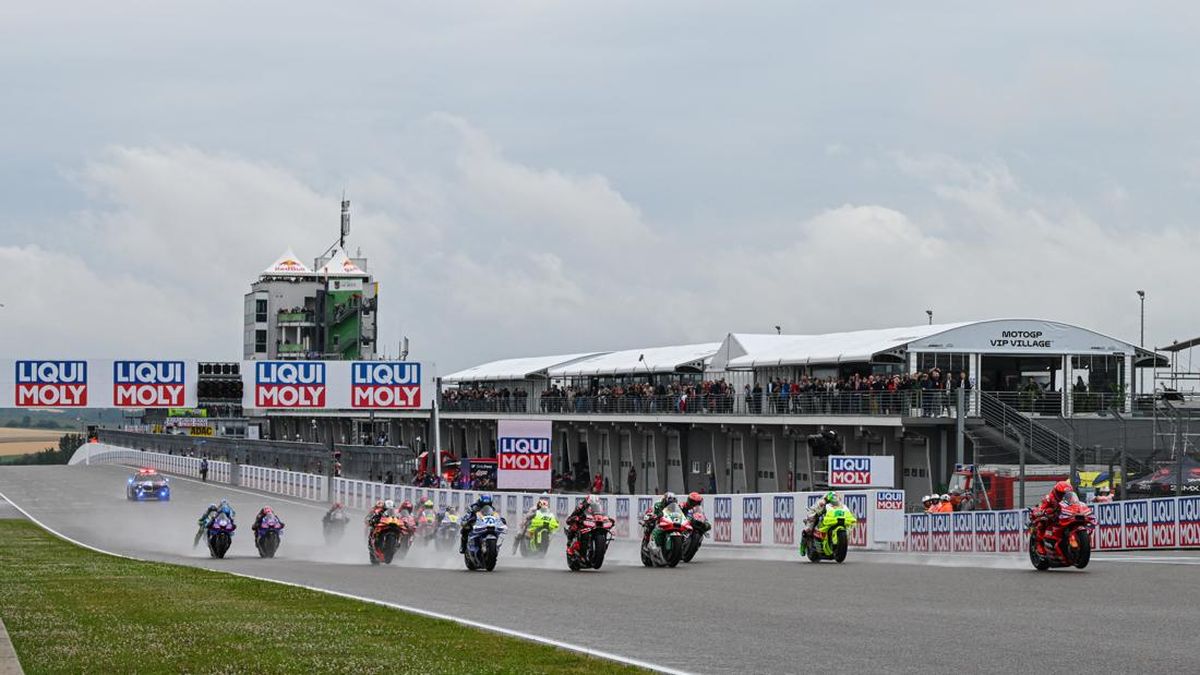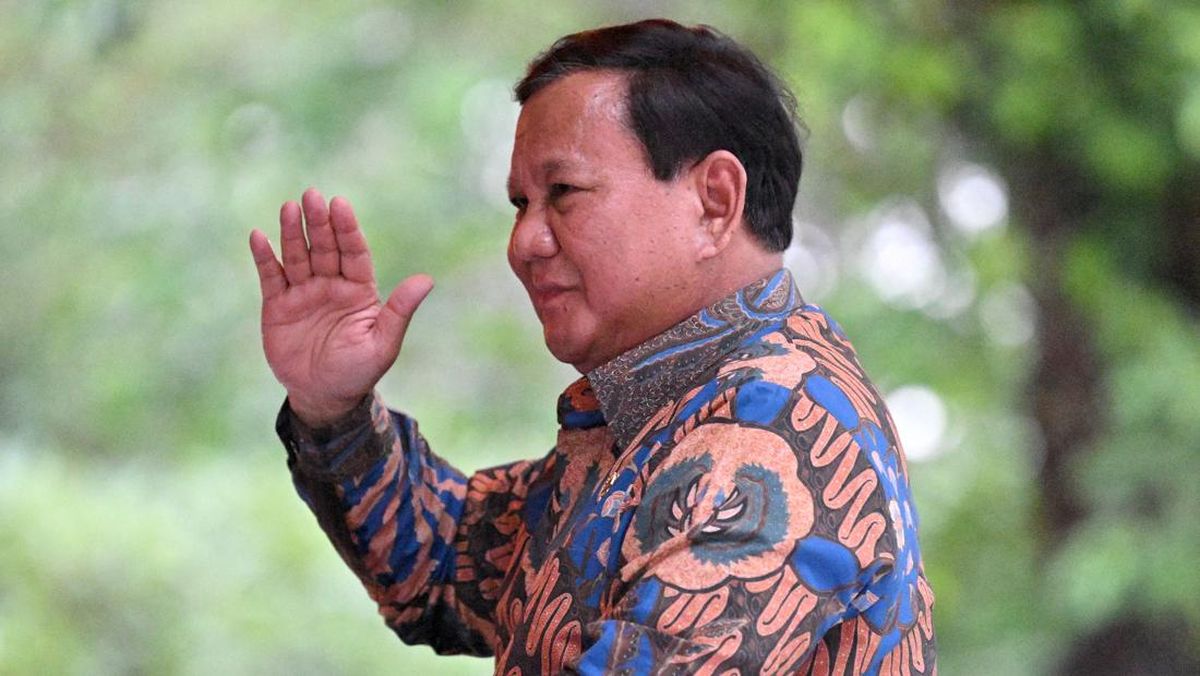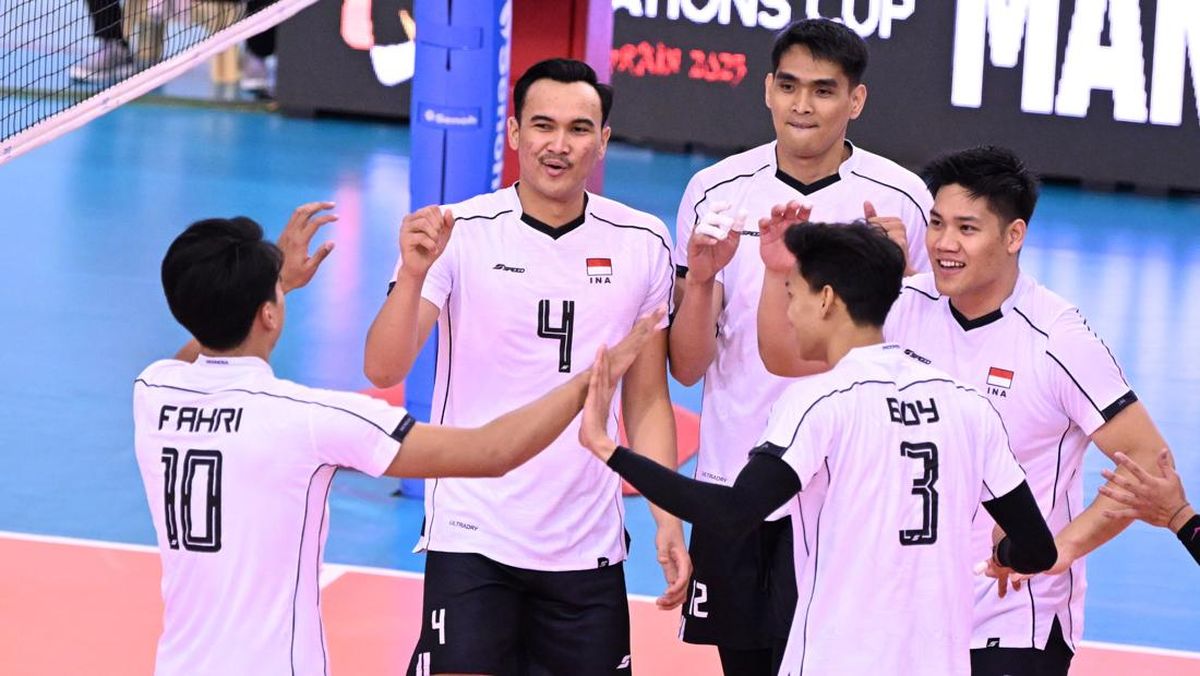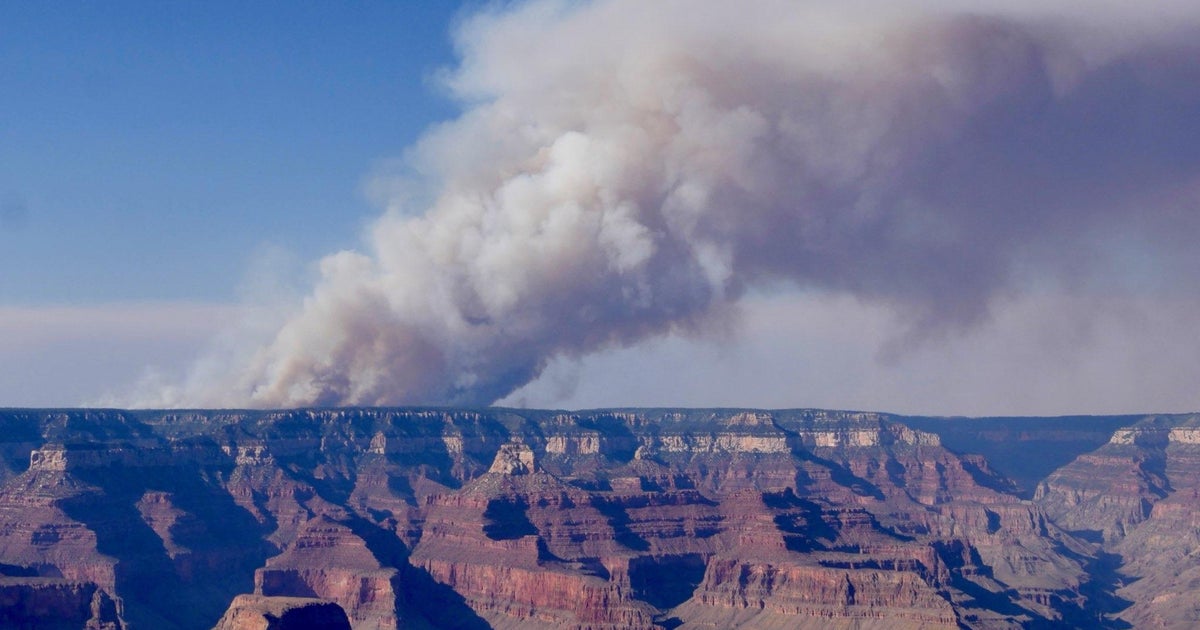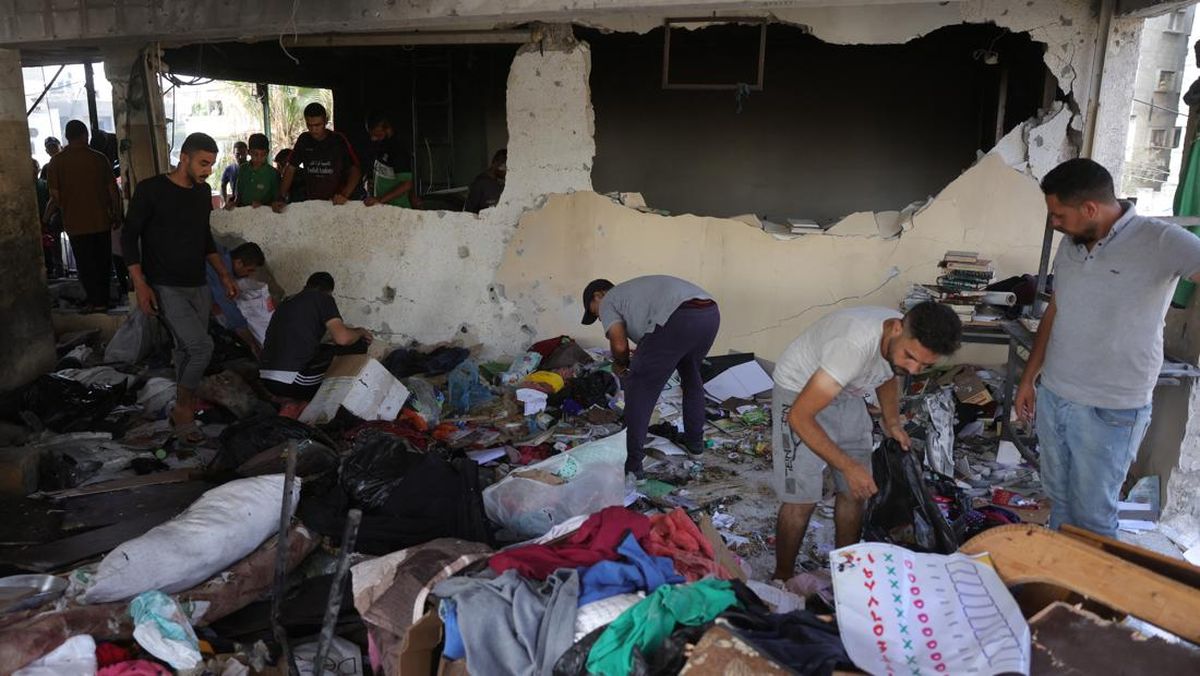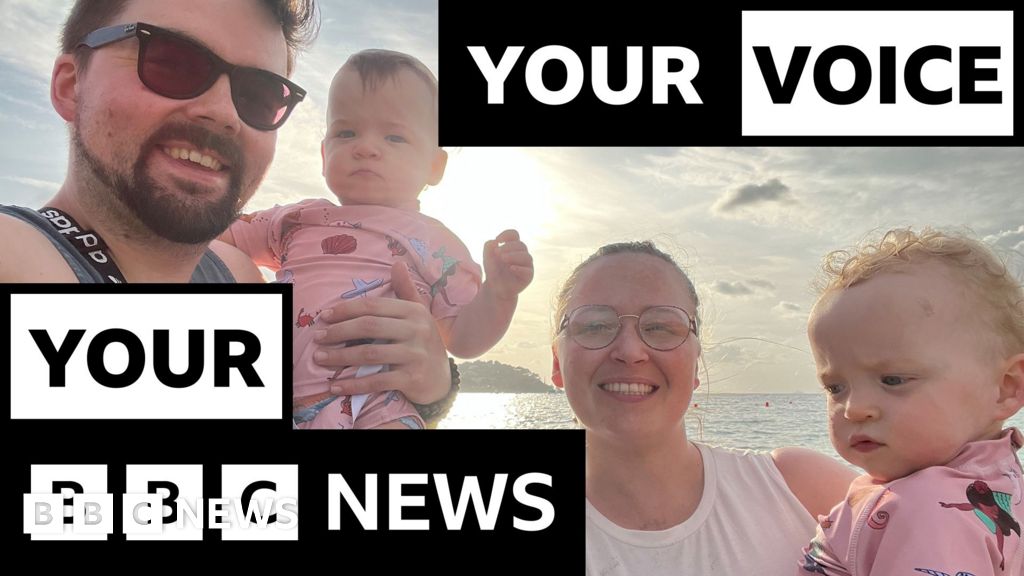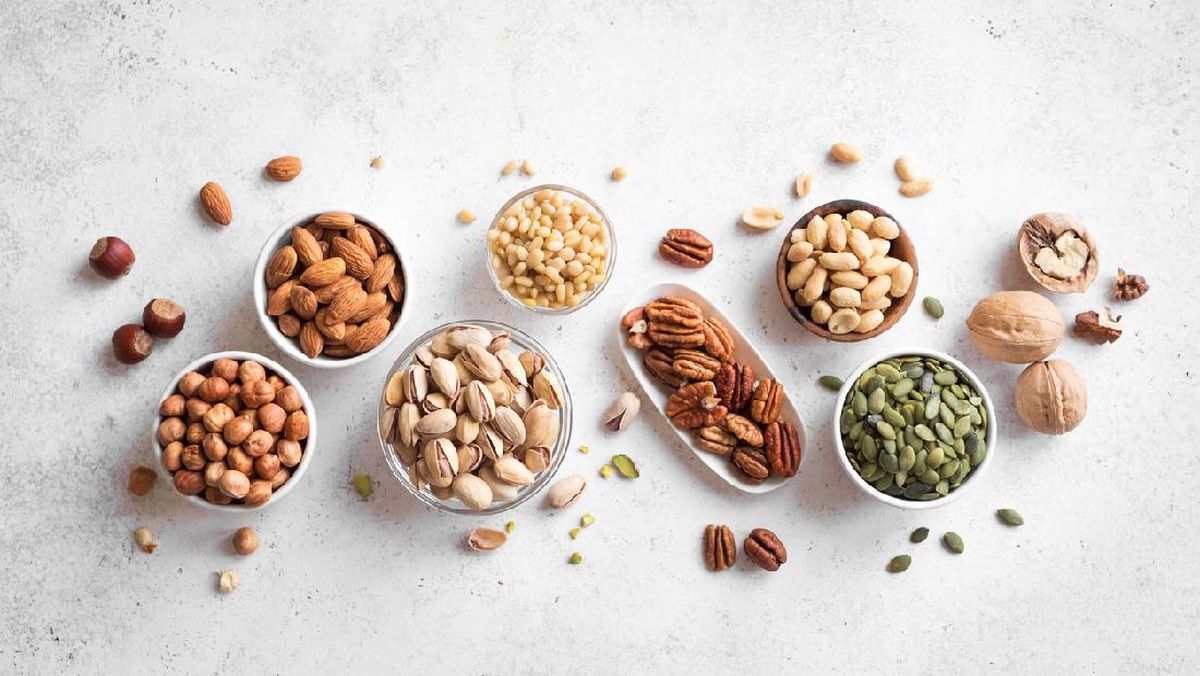There is much criticism of the government for not immediately lifting our defence spending to 3.5 per cent of gross national income. Following the Israel/US pre-emptive bombing of Iran and Russia’s invasion of Ukraine, the hawkish slogans insist that “if we want peace we have to prepare for war”; that saving lives requires even bigger defence budgets. And let’s be clear: the unspoken focus of this military build-up is our largest trading partner, China.
These drumbeats are deafening and grow louder, despite the fact much of our recent defence spending has been poorly aligned with Australia’s actual security needs. The push comes from the Murdoch press and a well-funded defence lobby, many of whom are ex-politicians.

Increases in defence spending across the world are coming at the cost of foreign aid.
We all want a safer world, but where does true security lie?
I support the prime minister’s resistance to calls for an arbitrary percentage increase of defence spending because US President Donald Trump wants it. Anthony Albanese is right to assert we will focus on what we need, not an arbitrary figure, just because the defence hawks demand it.
A safer world for all requires investment in human security – through health, education, and humanitarian support. These are life-saving investments that also foster deeper relationships with our closest Indo-Pacific neighbours.
In response to Trump’s calls for higher defence spending, most European nations have cut aid to increase defence. Britain cut its aid budget from 0.5 per cent to 0.3 per cent of gross national income (GNI) — a significant drop, yet still well above Australia’s current aid level of just 0.19 per cent of GNI and 0.65 per cent of total federal budget expenditure. That said, I applaud our government for not following the lead of other Western powers and instead holding the line on aid in the most recent budget.
Under Trump and Musk, USAID was effectively dismantled overnight – a move projected to cost 14 million lives by 2030, a third of them children. While defence budgets grow and weapons pile up unused in stockpiles, aid delivers immediate, life-saving impact.

Donald Trump and Elon Musk effectively dismantled USAID overnight, a move projected to cost 14 million lives by the end of the decade.Credit: AP
Bigger defence budgets are more often a prelude to war, not peace.
It was Trump’s own former defence secretary, General James Mattis, who warned if there were cuts to diplomacy and aid, “then I need to buy more ammunition”. That’s because real security requires more than just military power – it requires stability, trust, and reliable partnerships.
I have just returned from the Thai Burma border visiting countless refugees from the junta’s merciless aerial bombing of their own civilians using Russian and Belarusian bombs. The military led a coup on February 1, 2021 after Aung San Suu Kyi won a massive re-election in 2020 for her National League for Democracy government. Hundreds of thousands resigned from their government positions to join the resistance and many fled.
I visited amputees and other wounded in Thailand’s border hospitals. They are the lucky ones due to being carried across the border to receive medical treatment in Thailand. I met with the indigenous Chin leaders who spoke of more than 60 churches bombed. They are Baptists and as poor farmers their beautiful churches are their only communal source of pride; they are experiencing psychological terror as well as physical terror.
I met with Karen leaders in Thailand whose churches have also been obliterated by bombs. One of the largest ethnic groups in Myanmar, there are now 1.2 million Karen internally displaced. There are no active international NGOs and UN agencies able to function in ethnic areas – it is only the churches and Buddhist monasteries delivering basic food and limited health work. International aid groups must be approved by the junta, so the only help is in junta-controlled areas.
Civil society organisations have been blacklisted with many of their leaders imprisoned. Today there are now 3.5 million internally displaced people and 22 million Burmese in the country in dire need of humanitarian aid as the health and social systems have collapsed.
With the cessation of USAID, even the limited health support that was reaching vulnerable communities – including vaccines, and treatment for TB, malaria, and HIV – has dried up. And it was USAID feeding the Karen refugees in the nine camps on the Thai border. As of July 31, 2025 the nine refugee camps are to be closed with 108,000 refugees unable to feed themselves and no right to work in Thailand. The Thai Border Consortium, headed by an Australian, has failed to fill the USAid gap because EU and British donors have also cut aid. It is a complete humanitarian disaster.
Loading
Defence spending decisions in donor nations are wreaking humanitarian havoc now.
But Australia has skin in the game – with Julie Bishop serving as the UN Special Envoy for Myanmar – while both the UN Security Council and ASEAN have called on the junta to halt its bombing campaign and allow humanitarian aid to flow.
I am proud that our government was one of the few nations that did not cut aid in its last Budget, and I call on the opposition to make aid a bipartisan commitment.
Tim Costello is a senior fellow at the Centre for Public Christianity and a former CEO of World Vision Australia.
The Opinion newsletter is a weekly wrap of views that will challenge, champion and inform your own. Sign up here.
Most Viewed in National
Loading

